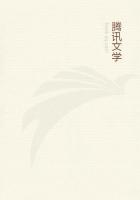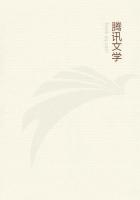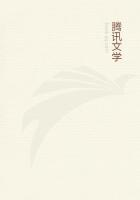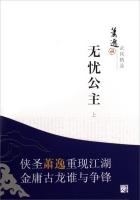One of the most obvious views which are presented to us by man in society is the inoffensiveness and innocence that ordinarily characterise him.
Society for the greater part carries on its own organization.
Each man pursues his proper occupation, and there are few individuals that feel the propensity to interrupt the pursuits of their neighbours by personal violence. When we observe the quiet manner in which the inhabitants of a great city, and, in the country, the frequenters of the fields, the high roads, and the heaths, pass along, each engrossed by his private contemplations, feeling no disposition to molest the strangers he encounters, but on the contrary prepared to afford them every courteous assistance, we cannot in equity do less than admire the innocence of our species, and fancy that, like the patriarchs of old, we have fallen in with "angels unawares."
There are a few men in every community, that are sons of riot and plunder, and for the sake of these the satirical and censorious throw a general slur and aspersion upon the whole species.
When we look at human society with kind and complacent survey, we are more than half tempted to imagine that men might subsist very well in clusters and congregated bodies without the coercion of law; and in truth criminal laws were only made to prevent the ill-disposed few from interrupting the regular and inoffensive proceedings of the vast majority.
From what disposition in human nature is it that all this accommodation and concurrence proceed?
It is not primarily love. We feel in a very slight degree excited to good will towards the stranger whom we accidentally light upon in our path.
Neither is it fear.
It is principally forecast and prudence. We have a sensitiveness, that forbids us for a slight cause to expose ourselves to we know not what. We are unwilling to bc disturbed.
We have a mental vis inertiae, analogous to that quality in material substances, by means of which, being at rest, they resist being put into a state of motion. We love our security; we love our respectability; and both of these may be put to hazard by our rashly and unadvisedly thrusting ourselves upon the course of another. We like to act for ourselves. We like to act with others, when we think we can foresee the way in which the proposed transaction will proceed, and that it will proceed to our wish.
Let us put the case, that I am passing along the highway, destitute and pennyless, and without foresight of any means by which I am to procure the next meal that my nature requires.
The vagrant, who revolves in his mind the thought of extorting from another the supply of which he is urgently in need, surveys the person upon whom he meditates this violence with a scrutinising eye. He considers, Will this man submit to my summons without resistance, or in what manner will he repel my trespass? He watches his eye, he measures his limbs, his strength, and his agility. Though they have met in the deserts of Africa, where there is no law to punish the violator, he knows that he exposes himself to a fearful hazard; and he enters upon his purpose with desperate resolve. All this and more must occur to the man of violence, within the pale of a civilised community.
Begging is the mildest form in which a man can obtain from the stranger he meets, the means of supplying his urgent necessities.
But, even here, the beggar knows that he exposes himself not only to refusal, but to the harsh and opprobrious terms in which that refusal may be conveyed. In this city there are laws against begging; and the man that asks alms of me, is an offender against the state. In country-towns it is usual to remark a notice upon entering, to say, Whoever shall be found begging in this place, shall be set in the stocks.
There are modes however in which I may accost a stranger, with small apprehension that I shall be made to repent of it. I may enquire of him my way to the place towards which my business or my pleasure invites me. Ennius of old has observed, that lumen de lumine, to light my candle at my neighbour's lamp, is one of the privileges that the practices of civil society concede.
But it is not merely from forecast and prudence that we refrain from interrupting the stranger in his way. We have all of us a certain degree of kindness for a being of our own species. A multitude of men feel this kindness for every thing that has animal life. We would not willingly molest the stranger who has done us no injury. On the contrary we would all of us to a certain extent assist him, under any unforeseen casualty and tribulation. A part therefore of the innocence that characterises our species is to be attributed to philanthropy.
Childhood is diffident. Children for the most part are averse to the addressing themselves to strangers, unless in cases where, from the mere want of anticipation and reflection, they proceed as if they were wholly without the faculty of ****** calculations and deducing conclusions. The child neither knows himself nor the stranger he meets in his path. He has not measured either the one or the other. He does not know what the stranger may be able, or may likely be prompted to do to him, nor what are his own means of defence or escape. He takes refuge therefore in a wary, sometimes an obstinate silence. It is for this reason that a boy at school often appears duller and more inept, than would be the amount of a fair proportion to what he is found to be when grown up to a man.
As we improve in judgment and strength, we know better ourselves and others, and in a majority of instances take our due place in the ranks of society. We acquire a modest and cautious firmness, yield what belongs to another, and assert what is due to ourselves. To the last however, we for the most part retain the inoffensiveness described in the beginning of this Essay.

